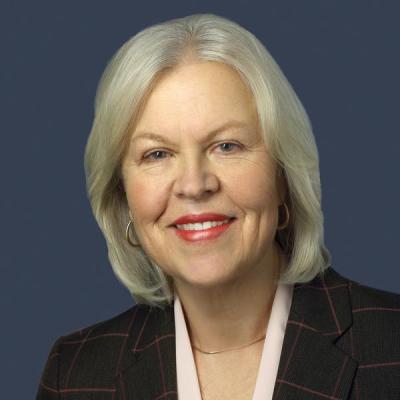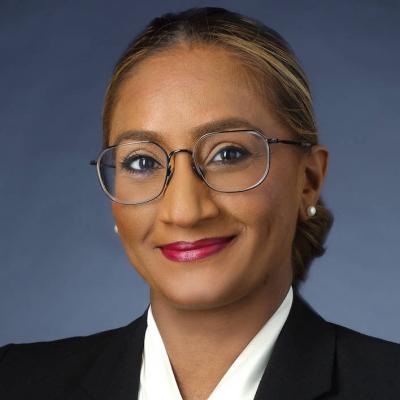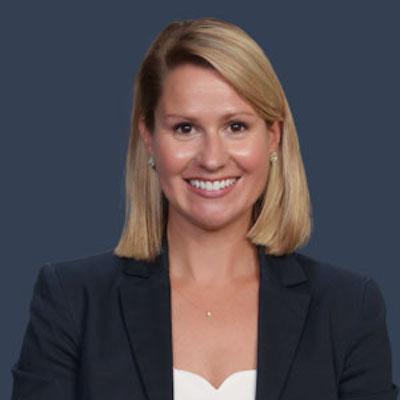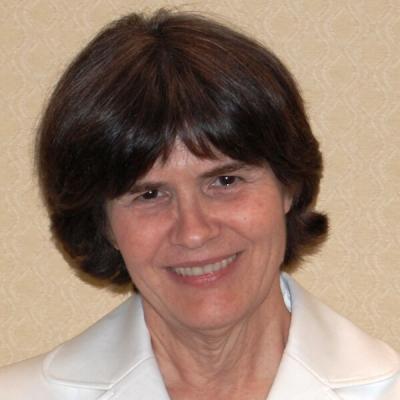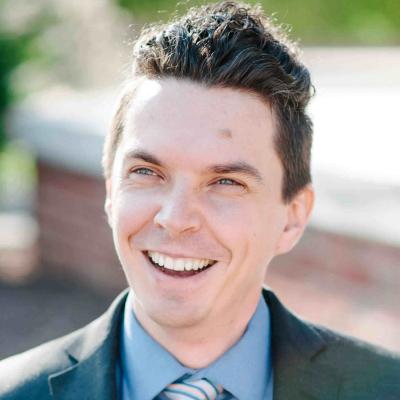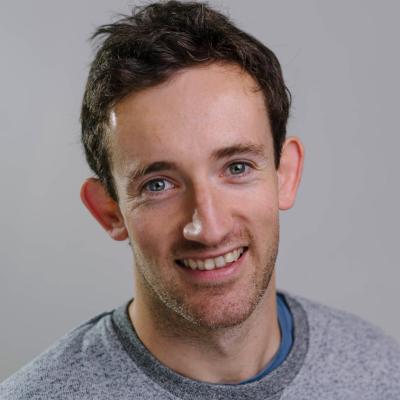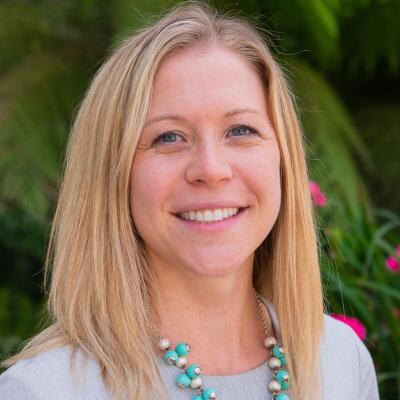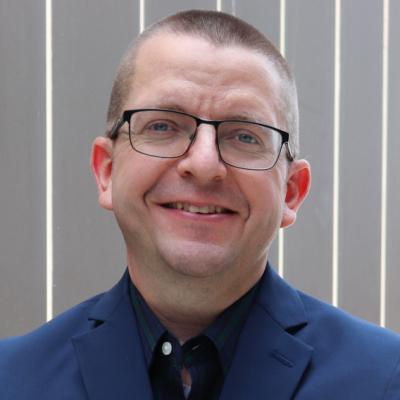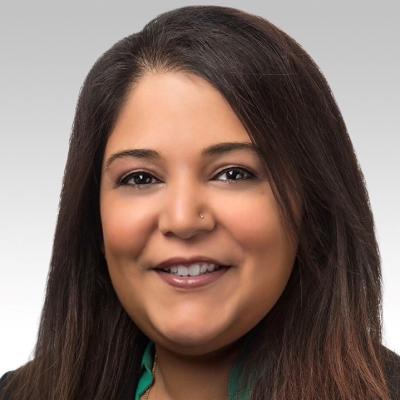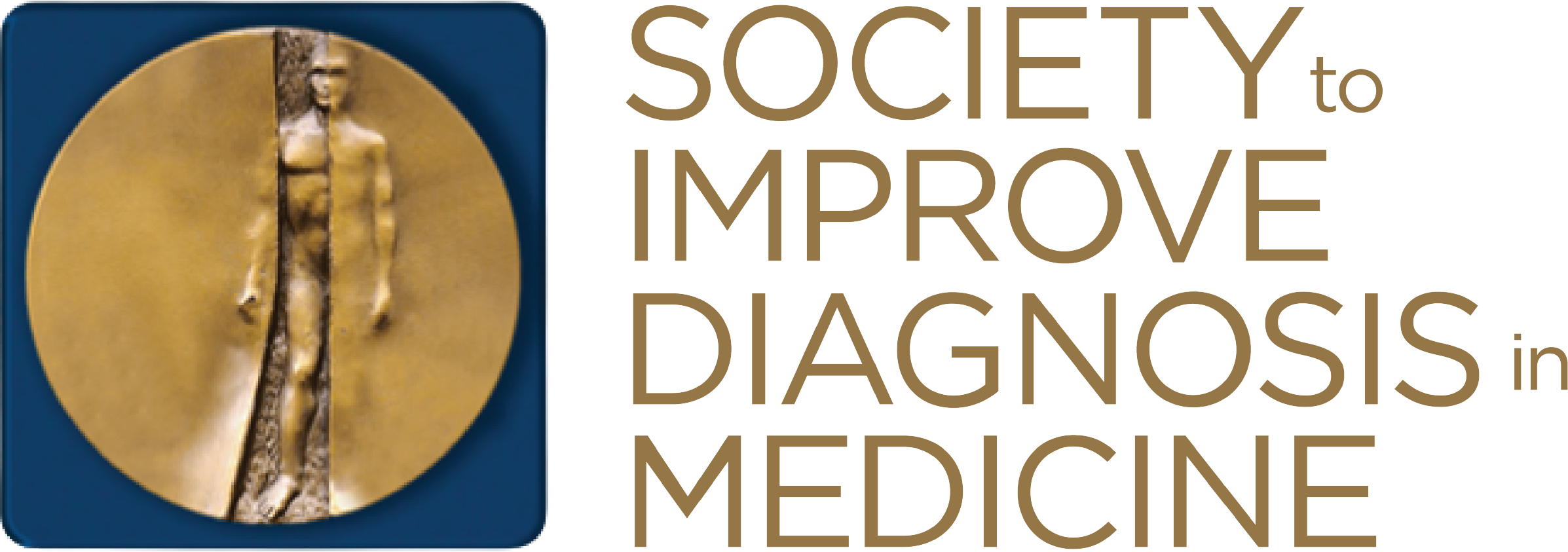Improving Communication and Teamwork Among Providers with TeamSTEPPS® for Diagnosis Improvement
- x

Christine Goeschel, ScD, MPA, MPS, RN, FAAN
Assistant Vice PresidentMedstar Institute for Quality and Safety
Columbia, MDDr. Christine (Chris) Goeschel is a health care consultant, teacher, mentor, and implementation scientist who recently retired from her role as a system leader at MedStar Health and professor of Medicine at Georgetown University School of Medicine. During her tenure as Assistant Vice President in the MedStar Institute for Quality and Safety (MIQS) and inaugural Director of the Center for Improving Healthcare Diagnosis, Chris focused her research on clinical and administrative leadership to improve the science of health care delivery and on improving diagnostic processes.
Her experience includes diverse health care roles: as a critical care nurse, a hospital executive, as founder and first executive for the Michigan Health & Hospital Association Keystone Center for Patient Safety and Quality, and as an implementation scientist/quality and patient safety researcher. Dr. Goeschel was Michigan PI on groundbreaking research to reduce bloodstream infections in intensive care units from 2003-2005, ("Keystone ICU"). From 2006 until 2013 she was an assistant professor in the schools of Medicine, Public Health and Nursing at Johns Hopkins and an advisor to the World Health Organization Patient Safety Program, where she contributed to large scale improvement projects in Spain, England, and Peru and the Middle East. She was a member of the 2013-2015 "NAM" Committee that produced "Improving Health Care Diagnosis" as part of the IOM Crossing the Quality Chasm series.
Dr. Goeschel served on The U.S. Department of Health and Human Services to the National Advisory Council for Quality and Safety Research (NAC), and for five years on the SIDM National Advisory Committee for the Coalition to Improve Diagnosis. Chris was PI on three unique multi-year awards focused on building diagnostic capacity and improving diagnostic processes to achieve diagnostic excellence. In addition to peer reviewed publications and 12+AHRQ issue briefs (developed by national leaders addressing diverse aspects of diagnostic safety), resources developed during the awards include publicly available tools focused on diagnostic calibration, measurement, patient and family engagement and teamwork.Dr Goeschel continues to teach a required healthcare leadership course at Johns Hopkins and serves on the Board of a multi-hospital system in Michigan.
- x
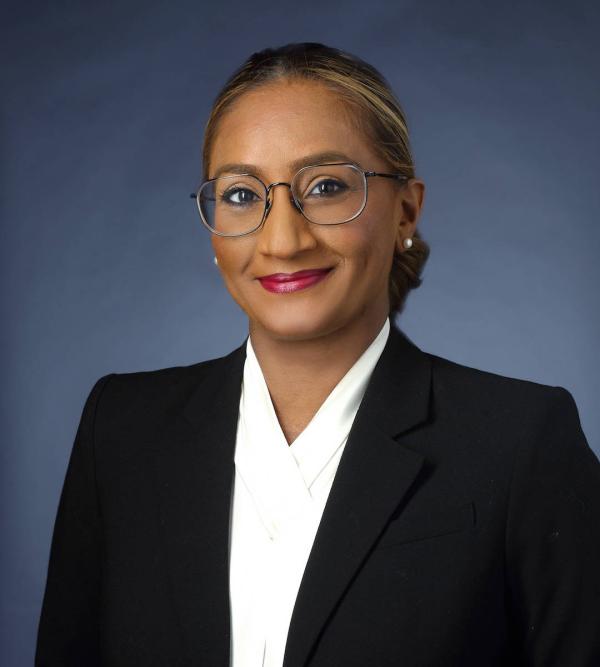
Kisha Ali, PhD, MS
Research ScientistMedStar Health’s Institute for Quality and Safety
Columbia, MDDr. Ali is a Research Scientist at the MedStar Institute for Quality and Safety. Dr. Ali helped to develop the TeamSTEPPS® for Improving Diagnosis Resource for the Agency for Healthcare Research and Quality, and has taught the TeamSTEPPS® Master Trainer course in the U.S. and internationally. She has technical expertise in study design methodology, mixed-methods evaluation, implementation science, content development, and training clinical teams. Her work is in patient safety and quality improvement, with a focus is on improving rural healthcare. Dr. Ali is also an Associate Professor in the Department of Health Policy and Management at the Johns Hopkins University Bloomberg School of Public Health.
- x
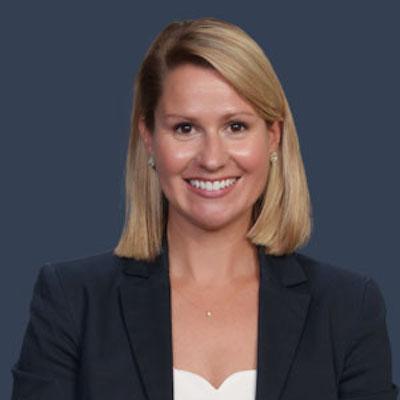
Kaite Carlin
Assistant Vice President, Business Development and OperationsMedStar Health Institute for Quality and Safety
Columbia, MD-
Katie Carlin, MBA, serves as the Assistant Vice President of Business Development and Operations for the MedStar Institute for Quality and Safety. In this role she is responsible for the creation and maintenance of the Institute’s organizational infrastructure that supports and enhances the Institute’s ability to provide high quality education, research and consulting in patient safety and clinical quality. Katie also serves as project manager on a 5-year, $8.7M federal contract vehicle to build federal research capacity related to diagnosis safety for the Agency for Healthcare Research and Quality (AHRQ). Katie joined MedStar Health in 2013 serving as Director of Research Development, Planning and Communications for the MedStar Health Research Institute. A strategic, diplomatic, and collaborative business development leader, she played a significant role in developing and enhancing MedStar's research infrastructure. This included fostering system-wide collaborations among investigators, leading communication and marketing efforts, developing partnerships with external third-party organizations, and creating strategic plans to help enhance MedStar's diverse and robust research programs. Prior to joining MedStar, Katie served as the Manager of Marketing and Business Development for the Department of Emergency Medicine at the George Washington University, where she was responsible for the creation and implementation of marketing and growth strategies. At George Washington, she was a key contributor in the telehealth space and participated in telehealth research projects in the areas of cancer prevention, emergency medicine, wound care and peritoneal dialysis. Katie received her Bachelor of Arts degree from Princeton University where she was captain of the two-time NCAA DI Championship women’s lacrosse team and earned her Masters of Business Administration from the George Washington University. She lives in Severna Park, MD with her husband, two kids and dog Lulu.
-
- x
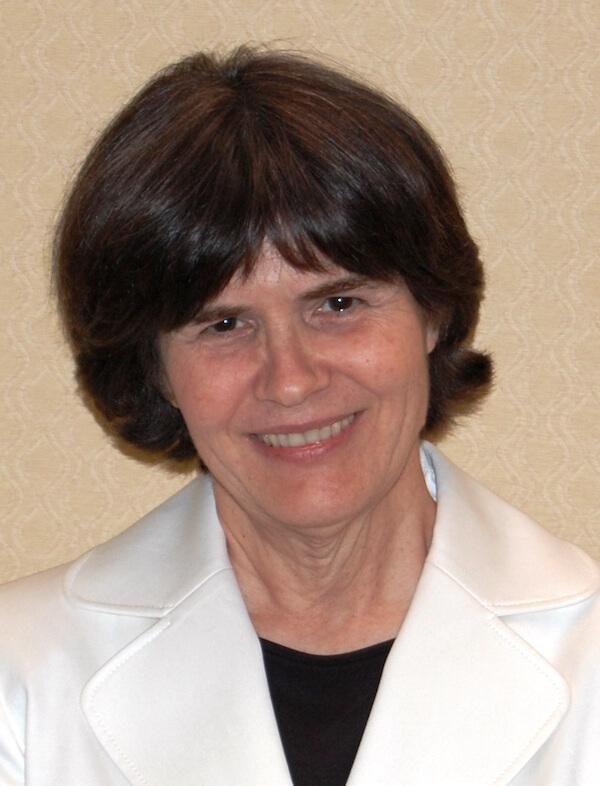
Helen Haskell, MA
Patient AdvocateMothers Against Medical Error
Columbia, SCHelen Haskell is president of the nonprofit patient organizations Mothers Against Medical Error and Consumers Advancing Patient Safety. She is an Institute for Healthcare Improvement senior fellow, a board member of the Patient Safety Action Network and the International Society for Rapid Response. She is a recently retired board member of the Institute for Healthcare Improvement and the Accreditation Council for Graduate Medical Education and a previous chair of the Patient Engagement Committee of the Society to Improve Diagnosis in Medicine and of the WHO Patients for Patient Safety Advisory Group. She continues to work with the World Health Organization on patient safety and patient engagement and with SIDM and AHRQ on diagnostic issues. Helen’s goal since the medical error death of her young son Lewis has been to enhance the patient contribution to safety and quality in healthcare. She has written or co-authored dozens of articles, book chapters, and educational materials on patient engagement in safety, quality, and diagnosis, including a co-edited textbook of case studies from the patient perspective. Her son Lewis’s story has been featured in educational programs and videos including Transparent Health’s full-length Lewis Blackman Story. Helen holds a bachelor's degree in Classical Studies from Duke University and a master’s degree in Anthropology from Rice University in the United States.
This interactive workshop will introduce the TeamSTEPPS® for Diagnosis Improvement Course and help prepare participants to implement the training in their home institutions. TeamSTEPPS® is an evidence-based program built on a framework composed of four teachable, learnable skills—communication, leadership, situation monitoring, and mutual support. Under contract to the Agency for Healthcare Research and Quality (AHRQ) our team recruited subject matter experts, clinicians, researchers and patients to co-develop The TeamSTEPPS® for Diagnosis Improvement Course which applies the TeamSTEPPS® framework to the specific problem of diagnostic error. The session will include didactic, participant exercises, and Q/A. During the didactic we will introduce novel course materials specific to diagnostic safety. Next, participants will be engaged in exercises using resources developed specifically for the course. Finally, we will discuss as a group “how to do this at home”. Participants will leave the session better prepared to implement TeamSTEPPS® for Diagnosis Improvement.
Learning Objectives
- Describe how breakdowns in communication and teamwork can lead to diagnostic errors;
- Define the diagnostic team and list behaviors, structures and processes that support diagnosis;
- Explain how to implement the TeamSTEPPS® for Diagnosis Improvement Course to improve diagnostic safety.
Oral Sessions 1 - Disparities in Diagnosis and Patients' Diagnostic Perspectives
- x
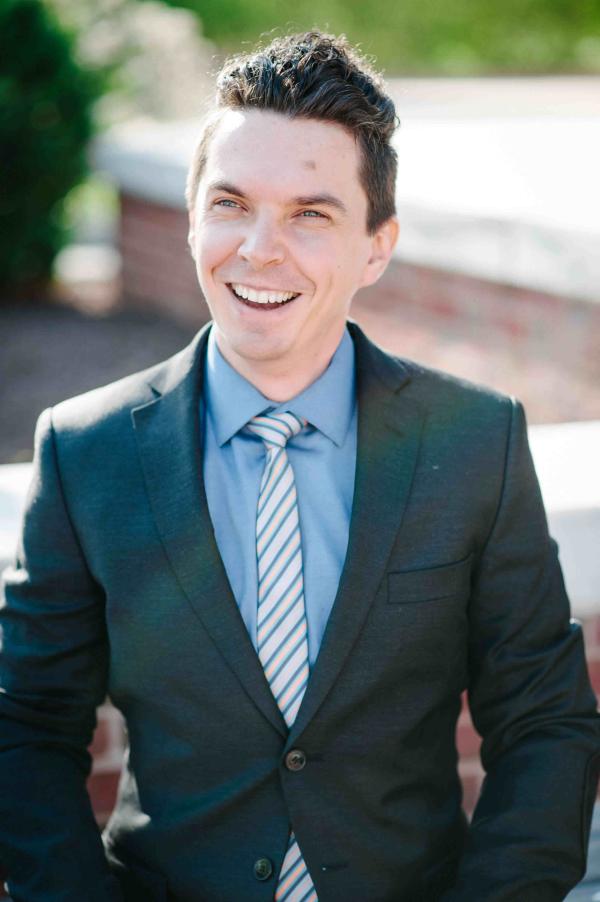
Vadim Dukhanin, MD, MHS
Assistant ScientistJohns Hopkins Bloomberg School of Public Health
Baltimore, MDVadim Dukhanin, MD, MHS is an Assistant Scientist at the Department of Health Policy & Management, Johns Hopkins Bloomberg School of Public Health. Vadim is passionate about authentic patient engagement in healthcare, including meaningful patient and public voices in healthcare priority-setting and resource allocation, patient-reported outcome and experience measures, and strategies to more actively and effectively engage care partners in care delivery through shared access to patient portals. Vadim is a co-investigator on the Gordon and Betty Moore Foundation(GBMF)-funded project "Developing a Patient-Reported Measure Set of Diagnostic Excellence" that tests a questionnaire for patients and their care partners to report their perspective of diagnostic excellence of a recent emergency department or urgent care facility visit. Vadim was also a co-investigator on GBMF-funded project "Patient-Reported Measures for Driving Diagnostic Excellence" that crafted a set of Roadmaps illustrating and guiding the development of goals and metrics that can be achieved with patient-reported measures of diagnostic excellence. Finally, Vadim was a co-investigator on the SIDM's co-funded project "Exploring and Addressing Diagnostic Error Disparities Related to Cognitive Reasoning Pitfalls" where the partnership between patients and researchers co-developed solutions to address diagnostic disparities that are currently being disseminated for implementation and tailoring.
- x

Jeremiah Lowe, MD, MSc
ResidentUniversity of Colorado School of Medicine
Aurora, COJeremiah Lowe is a second-year resident at the University of Colorado Pediatric Residency Program. He received his MD and MSc degrees from The Warren Alpert Medical School of Brown University. His current academic interests include language barriers, developing a medical Spanish residency curriculum, and pediatric emergency medicine.
- x
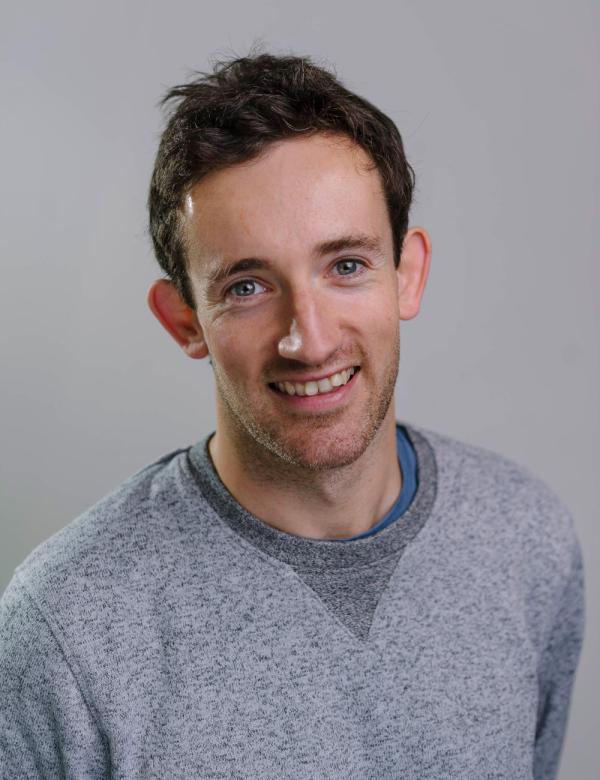
Thomas Ward, PhD
ResearcherUniversity of Exeter
Exeter, Devon, UKI graduated from the University of Sheffield with a BSc and MSc in Mathematics, before beginning a career as a modeller and analyst for a health economics consultancy affiliated to Swansea University. The majority of my work has been directed towards the health technology assessment of oncology, diabetes and haematology interventions, with a focus on trial-based analysis and its subsequent economic modeling and evaluation. Over this period, I've developed an interest in modelling methods and analysis techniques and am currently pursuing these interests further with postgraduate study at the University of Exeter looking at equity evaluation in the context of cancer economic modelling.
- x

Fateha Zannath
Undergraduate Research AssistantJohns Hopkins University School of Nursing
Baltimore, MDFateha is a fourth-year college student at the Johns Hopkins University studying Public Health Studies. She works with Professor Kathryn McDonald to assess how visible factors such as race and gender affect diagnosis processes among patients at the School of Nursing. Outside of her research, Fateha is a co-founder of the public health podcast, "What in the Health?". Fateha developed "What in the Health?" after noticing the overwhelming amount of health misinformation specifically aimed at young adults. After college, Fateha will be pursuing a career in federal health consulting with Deloitte.
- x

Taharat Sheikh
Undergraduate Research AssistantJohns Hopkins University School of Nursing
Baltimore, MD - x

Andrew Zimolzak, MD, MMSc
Assistant ProfessorBaylor College of Medicine
Houston, TXAndrew Zimolzak is an assistant professor at Baylor College of Medicine, department of medicine, section of health services research; and the Center for Innovations in Quality, Effectiveness and Safety (IQuESt). Dr. Zimolzak has studied the secondary use of routinely collected medical data for 10 years. He has direct experience with the retrieval and analysis of data from electronic medical records from multiple health care systems, as well as medical insurance claims. This work has been applied to physicians’ delayed follow-up of patient test results, diagnostic errors in the emergency department, randomized trials of medications for hypertension and heart failure, pharmacogenomics, lung cancer genomic precision medicine, kidney failure prediction, and outcome prediction in COVID-19. Dr. Zimolzak has practiced general internal medicine in urgent care and inpatient hospital settings for over ten years. In addition to research efforts, he is a teaching hospitalist at the Michael E. DeBakey VA Medical Center in Houston. His interests include deriving accurate phenotype information from medical records, machine learning for improved efficiency of data cleaning, and research code reproducibility and sharing. He has been funded by the Gordon and Betty Moore Foundation, and the Agency for Healthcare Research and Quality.
- x
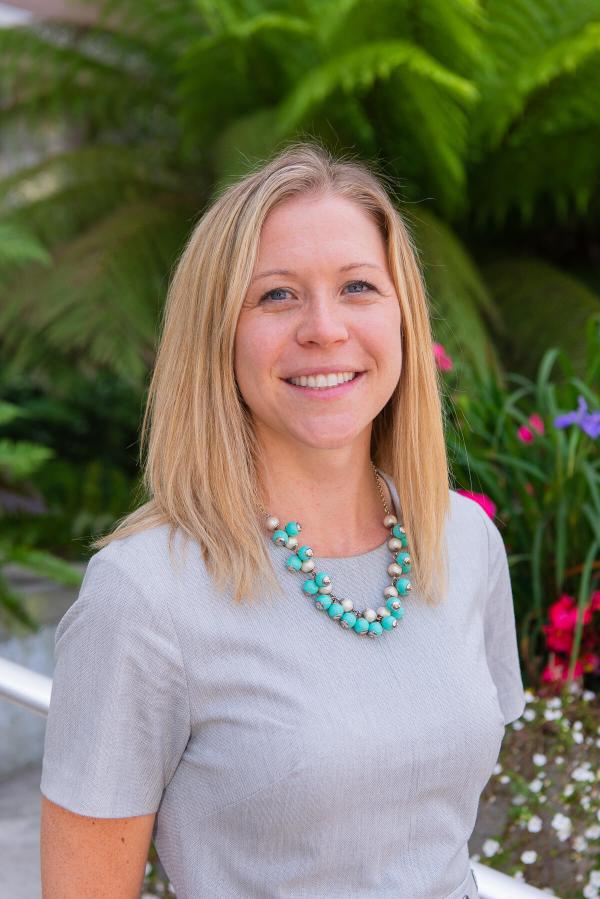
Katie Raffel, MD
Assistant Clinical Professor, Hospital MedicineUniversity of Colorado
Denver, CODr. Raffel recognizes the importance of the system of care in achieving excellent diagnostic outcomes and has dedicated her early career to understanding inpatient diagnostic error and systems prevention. Dr. Raffel is a part of the UPSIDE (Using Predictive Systems to identify Inpatient Diagnostic Error) study, an ongoing AHRQ-funded multi-site study evaluating diagnostic error among ICU escalations or inpatient death. She also currently serves as core faculty at the Institute for Healthcare Quality Safety and Efficiency, an organization dedicated to transforming people, processes in order to improve organizations and patient outcomes.
Authors will present peer-reviewed abstracts of the latest innovations in diagnostic safety research, practice improvement, and education, and will answers questions from the audience.
Learning Objectives
- Describe new and innovative research related to diagnostic safety;
- Discuss innovative practice improvement strategies for improving diagnosis in medicine;
- Identify high-quality medical education methodologies to improve clinical reasoning and reduce diagnostic error.
Oral Abstract Titles and Presenting Authors
- Patient and Care Partner’s Perceptions of Diagnostic Accuracy and Excellence from a National Sample – Vadim Dukhanin, Assistant Scientist, Johns Hopkins Bloomberg School of Public Health
- Contribution of Limited English Proficiency to Diagnostic Errors in Pediatric ED Patients – Jeremiah Lowe, Resident, University Colorado School of Medicine
- The Influence of Socioeconomic Disparities on the Cancer Diagnostic Pathway and Health Care Outcomes – Thomas Ward, PhD Researcher, University of Exeter
- Informing Diagnostic Care in LGBTQ+ Communities: A Qualitative Study of Challenges and Solutions – Fateha Zannath, Undergraduate Research Assistant, Johns Hopkins University School of Nursing
- The Association of Race and Ethnicity with Negative Descriptors in Clinical Texts – Andrew Zimolzak, Assistant Professor, Baylor College of Medicine
- Informing Diagnostic Care in LGBTQ+ Communities: A Qualitative Study of Challenges and Solutions – Fateha Zannath, Undergraduate Research Assistant, Johns Hopkins University School of Nursing; Taharat Sheikh, Undergraduate Research Assistant, Johns Hopkins University School of Nursing
- Prevalence and Causes of Diagnostic Errors in Patients Who Died or Were Transferred to an ICU – Katie Raffel, Assistant Clinical Professor Hospital Medicine, University of Colorado
Actionable Strategies for Engaging Under-represented Patients to Improve Diagnosis of Rare Diseases
- x

Linda Geng, MD, PhD
Clinical Assistant ProfessorStanford University
Stanford, CAI am the Director of the Stanford Consultative Medicine Clinic, a team-based diagnostic second opinion program. My scholarly interests are focused on defining, studying, and improving patients' diagnostic journeys. What prolongs the journey to the correct diagnosis and how can we shorten it? With this question in mind, we are exploring patient engagement tools, crowdsourcing, informatics/AI, health data visualization, and other ways to help tackle the toughest cases in medicine-- complex, rare, and mystery conditions.
- x
Gavin Martin
Medical Student
Patients with minority racial/ethnic backgrounds and rare diseases face compounding inequities in diagnosis, and this workshop will feature research-based strategies to improve underrepresented patient engagement in the diagnostic process, particularly for difficult-to-diagnose conditions. The workshop will comprise a brief didactic presentation highlighting the barriers in engagement for these groups of patients, strategies aimed at both clinicians and patients around promoting engagement, and patient- and clinician-facing toolkits that can facilitate the partnership and active participation in the diagnosis process. Workshop attendees will have the opportunity to engage in dynamic discussion regarding patient engagement in diagnosis in small groups. Questions will be given to small groups to stimulate exchange of ideas and skills to implement the toolkits presented during the didactic portion. Small groups will reconvene with the larger group to share what they learned and brainstormed in their small-group sessions.
Learning Objectives
- Understand barriers and challenges in underrepresented patient engagement and rare disease diagnosis;
- Learn strategies engage in their own diagnostic journey;
- Learn strategies to empower underrepresented patients in the diagnostic process.
Identifying and Cataloging Diagnostic Feedback Tools for Implementation: A Resource Toolkit for All
- x

Benjamin Rosner, MD, PhD
Assistant Professor of Hospital MedicineUniversity of California San Francisco
San Francisco, CADr. Rosner is an Associate Professor of Medicine, a hospital based physician, and a researcher on diagnostic feedback, digital health, and informatics. He currently runs a project funded by the Gordon and Betty Moore Foundation to catalog and make publicly available, an online repository of resources that have been developed for providing feedback to clinicians about diagnostic performance to help with recalibration. Dr. Rosner spent over a decade in the digital health industry, bringing engineering, design, and medical expertise to the development and validation of digital health products. He has worked extensively in the policy space with organizations such as the FDA, the Centers for Medicare and Medicaid Services, as well as national non-profit digital health organizations including the Digital Therapeutics Alliance, and the Network of Digital Evidence.
- x
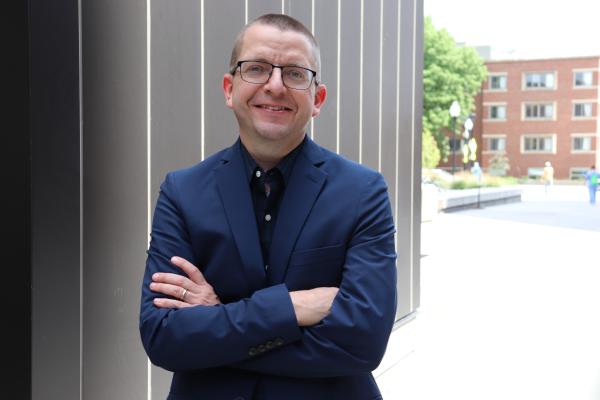
Andrew Olson, MD
Associate Professor of Medicine and PediatricsUniversity of Minnesota
Minneapolis, MNDr. Andrew Olson is an Associate Professor of Medicine and Pediatrics at the University of Minnesota Medical School, where he practices hospital medicine and pediatrics. He serves as the founding Director of the Division of Hospital Medicine within the Department of Medicine. Dr. Olson presently serves as the Director of Medical Education Research and Innovation in the Medical Education Outcomes Center, focusing on linking education with clinical and workforce outcomes. Dr. Olson's academic work focuses on the nature and development of clinical reasoning as well as methods to measure and decrease diagnostic error.
- x
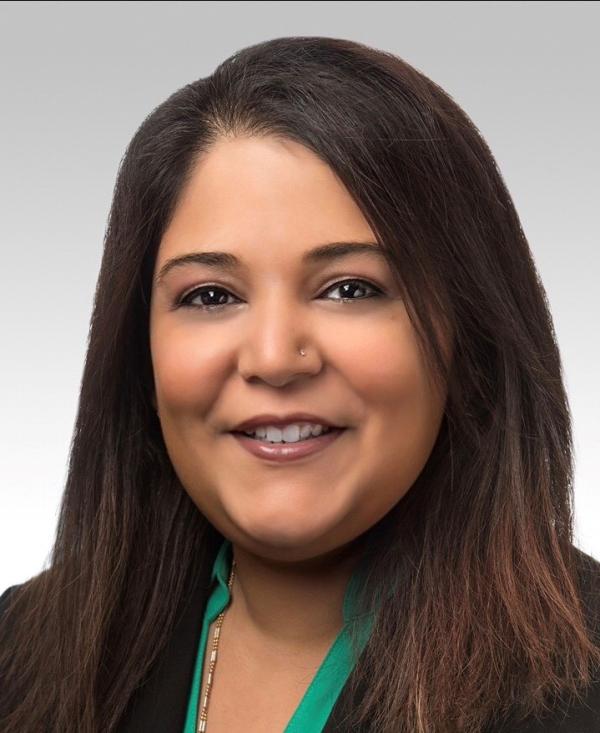
Gopi Astik, MD, MS
Assistant ProfessorNorthwestern University
Chicago, ILDr. Gopi J. Astik is an Assistant Professor of Medicine in the Division of Hospital Medicine at Northwestern. She completed her medical training at the University of Missouri-Kansas City School of Medicine. She also completed a Masters in Healthcare Quality and Patient Safety at Northwestern University. She currently serves as the Lead Medical Director of Clinical Documentation for Northwestern Memorial Hospital and Lake Forest Hospital and Associate Director of Faculty Development for Hospital Medicine. Her research interests are in quality improvement with a special focus in hospital operations and diagnostic error with clinical reasoning feedback to clinicians. She is a former SIDM fellow of Diagnostic Excellence.
Feedback about diagnostic reasoning is fundamental for improving future performance, although design and implementation of comprehensive, sustainable, and effective programs of feedback is challenging. This workshop will discuss both the technical and cultural concepts around how to build infrastructure, systems, and culture that promote diagnostic feedback to constructively contribute to ongoing calibration of clinicians. Using a multi-stage model to identify how diagnoses are made, outcomes generated and ascertained, and feedback delivered, as well as how technology can support these efforts, this workshop will give real-world strategies for beginning or improving the use of diagnostic feedback systems in practice. Attendees will be invited to contribute their own ideas and experiences, with special attention on how patients can be involved in such programs in a constructive and sustainable manner.
Learning Objectives
- Understand a model of the distinct stages involved in the diagnostic feedback process;
- Understand tools that have been developed for each of these stages;
- Appreciate the complexities associated with creating such tools.

